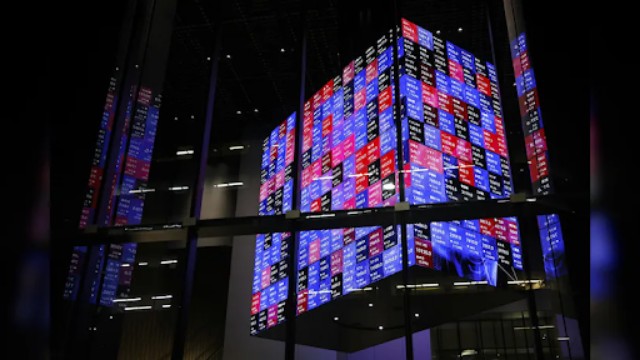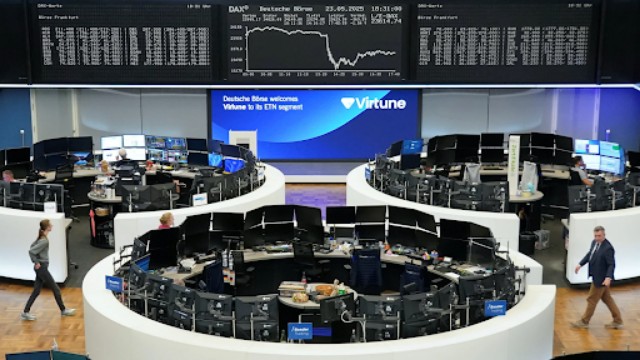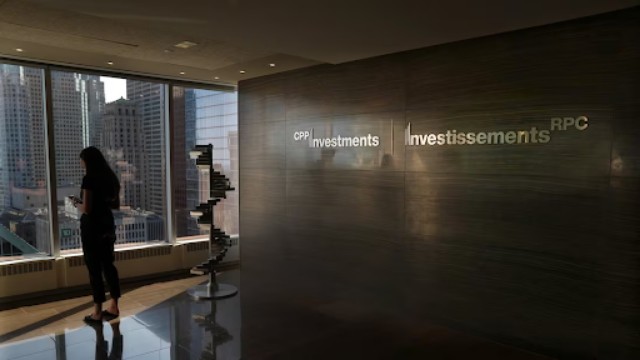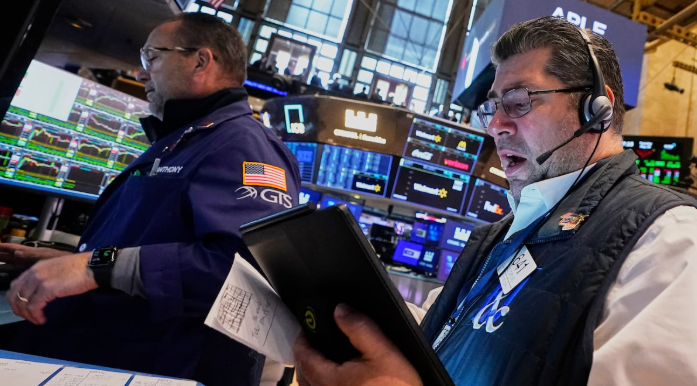
US stock futures rose as Asian markets dipped following Trump's decision to postpone tariffs on the European Union, Jiang Junzhe reports.
U.S. stock futures surged on Monday after President Donald Trump announced he would postpone the planned 50% tariff on European Union goods. Instead of starting June 1, the tariffs will now take effect on July 9. This news came after a phone call between Trump and Ursula von der Leyen, the European Commission’s president, who expressed a strong interest in serious trade talks.
Just last week, Trump had warned on social media that trade talks with the EU were failing, and he threatened to impose heavy tariffs right at the start of June. The delay in tariffs is seen as a hopeful sign for negotiations to move forward.
Following the announcement, futures for the S&P 500 jumped 1%, while those for the Dow Jones rose 0.8%. In Asia, markets showed mixed reactions. Tokyo’s Nikkei 225 climbed 0.7%, and Seoul’s Kospi gained 1.2%. However, Hong Kong’s Hang Seng dropped 1%, and Shanghai’s Composite Index slipped 0.3%. Australia’s S&P/ASX 200 stayed mostly steady.
Last Friday, U.S. stocks had fallen as investors wondered if Trump’s threats were just a negotiating tactic. The S&P 500 lost 0.7%, closing out its worst week in seven. The Dow Jones and Nasdaq also dropped by 0.6% and 1%, respectively.
One notable impact was on Apple’s stock, which fell 3%. Trump had pressured Apple CEO Tim Cook to move iPhone production back to the U.S. and warned that if the company doesn’t, tariffs of at least 25% on iPhones made abroad would apply. Trump later expanded this potential tariff to include all foreign-made smartphones, mentioning Samsung and others, to keep things fair.
Trump’s unpredictable approach has rattled many companies. He criticized Walmart for planning to raise prices due to tariffs and told the retailer it should “eat the tariffs” instead of passing costs to customers. Similarly, Deckers Outdoor, which owns brands like Hoka and Uggs, said the economic uncertainty caused by the trade disputes means it cannot provide financial forecasts this year. Despite better-than-expected quarterly results, its stock plunged nearly 20%.
Ross Stores also withdrew its financial guidance, noting that over half of its goods come from China. Its shares dropped nearly 10%.
On a positive note, Intuit, maker of TurboTax and Credit Karma, posted stronger profits and saw its stock rise by 8%. In the energy sector, nuclear industry stocks rallied after Trump signed orders to speed up licensing and boost the sector. Oklo, a company working on advanced nuclear power, jumped 23%.
The trade tensions have caused big swings on Wall Street. Just last month, the S&P 500 was down 20% from its record high due to fears the tariffs might trigger a global recession. The market later recovered much of those losses after Trump paused tariffs on some countries, especially China.
In other market news on Monday, U.S. crude oil prices edged up slightly to $61.62 per barrel, while Brent crude rose to $64.27. The U.S. dollar slipped against the Japanese yen but gained a bit against the euro.















